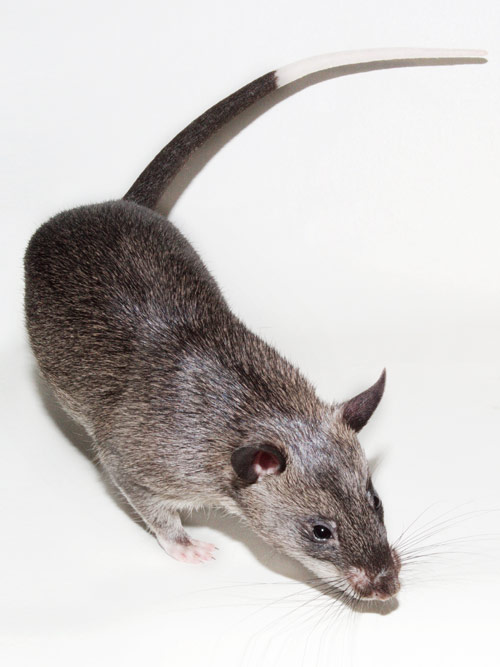
Following the first case of the monkeypox virus having been confirmed in the east of Ireland on Friday night last; The Minister for Health, Mr Stephen Donnelly, has confirmed that the HSE has secured a third-generation smallpox vaccine.
Health officials have also confirmed that a further suspected case of the virus is also being investigated and test results are eagerly being awaited.
The HSE confirm that public health teams are now following up with people who were in close contact with the known positive case and are advising them on what to do in the event that they themselves become ill.
Monkeypox is an infectious viral disease that can occur in both humans and some other animals. The disease can appear similar to chickenpox. Early symptoms include fever, headache, muscle pains, shivering, backache, and the feeling of extreme tiredness.
Lymph nodes will swell behind the ear, below the jaw, in the neck or in the groin. This is then followed by a rash that forms blisters and eventually crusts over.
The time from exposure to onset of symptoms of the virus is usually 7 to 14 days, with the duration of these symptoms lasting typically two to four weeks. Cases may be severe, especially in children, pregnant women or people with suppressed immune systems.
Some three-quarters of affected people can develop abnormal changes in tissue in the form of lesions on the palms of their hands and on the soles of their feet. More than two-thirds develop lesions in their mouth, while a third develop lesions on their genitals and one in five have lesions in their eyes.
Same begin as small flat spots, before becoming small bumps which then fill with clear fluid changing to yellow fluid, which subsequently will then burst and scab over.
Contrary to the name, Monkeys are not a main causative agent for the virus; it is believed African rodents, such as the African giant pouched rat, [Gambian pouched rat *] serve as the actual agent.
* APOPO [Anti-Persoonsmijnen Ontmijnende Product Ontwikkeling: or in English Anti-Personnel Landmines Removal Product Development], train Gambian pouched rats to detect land mines and tuberculosis using their highly developed sense of smell.
Complications
Complications can include secondary infections, pneumonia, sepsis, encephalitis (inflammation of the brain), and loss of vision following severe eye infection. If infection occurs during pregnancy, still birth or birth defects may occur. The disease may be milder in people vaccinated against smallpox in childhood.
The current standard for treatment is Tecovirimat SIGA, an antiviral that is specifically intended to treat infections with ortho poxviruses such as Cowpox, Smallpox and Monkeypox.
Tecovirimatis is approved for the treatment of monkeypox in the European Union; its benefits being considered greater than its known side effects, which are often severe headaches and nausea, which in turn affect up to 1 in 10 people.

Leave a Reply